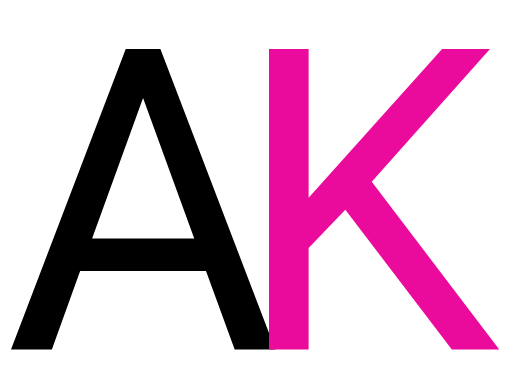Journalism
Health Journalism that Educates & Inspires Action
Amanda Krupa, MSc, is a nationally recognized health journalist, medical writer, and public health communicator whose work has been published in Forbes Health, STAT, Business Insider, Parents.com, VeryWell Health, PBS Kids, What To Expect, BabyCenter, Care.com, and more.
As the founder of Ajack Content, LLC, Krupa specializes in translating complex health topics into accessible, evidence-based content for a wide range of audiences. Her reporting spans consumer health, medical research, healthcare policy, and public health trends, with a focus on health literacy, digital accessibility, and patient advocacy.
Her investigative journalism and expert analyses have contributed to federal healthcare policy discussions, research initiatives, and national public health campaigns.
Selected Articles & Features
Public Health & Policy Reporting
Analysis of healthcare laws, access disparities, and regulatory changes
- Hospitals Need to Make Their Websites as Accessible as Their Physical Spaces – STAT (Cited in KFF News)
- Substance Abuse among Pregnant Women on the Rise During COVID-19 – VeryWell Health (Cited in the Houston Journal of Health Law & Policy)
- Why California and Other States Are Banning Smartphones in Schools – Care.com
- Medicare Grocery Allowance: How to Use It to Benefit a Senior’s Budget – Care.com
Consumer Health & Patient Advocacy
Patient-centered content that simplifies medical information
- Exclusive Pumping Guide – What to Expect
- Senior Monitoring Systems: How to Find the Option That’s Best for Your Loved One – Care.com
- Using Emojis with Kids to Express Feelings – PBS Kids for Parents
- Signs of Food Allergies in Babies: What Parents Need to Know – Care.com
- How to Help Children Cope with the Death of a Loved One During the Pandemic – Parents.com
Investigative Journalism
In-depth reports that uncover healthcare inequities and industry challenges
- The Hidden Costs of Home Birth in America – Parents.com (Cited in the Columbia Journal of Gender and Law and in the International Journal of Environmental Research and Public Health)
- Doctors Are Being Denied Insurance Reimbursement for COVID-19 PPE – VeryWell Health
- Undiagnosed Dyslexia in Adults Exacerbated by the Pandemic – VeryWell Health
Medical & Science Journalism
Coverage of clinical research, healthcare trends, and scientific advancements
- What is the New Drug for Alzheimer’s? – Care.com
- Why Your Eczema May Be Worse During the COVID-19 Pandemic – VeryWell Health
- Despite COVID Risks Teens Are Struggling to Quit JUUL – VeryWell Health
- Colic in Babies: Causes, Symptoms, and Remedies – Forbes Health
- Pediatric Multisystem Inflammatory Syndrome (MIS-C) – What to Expect
